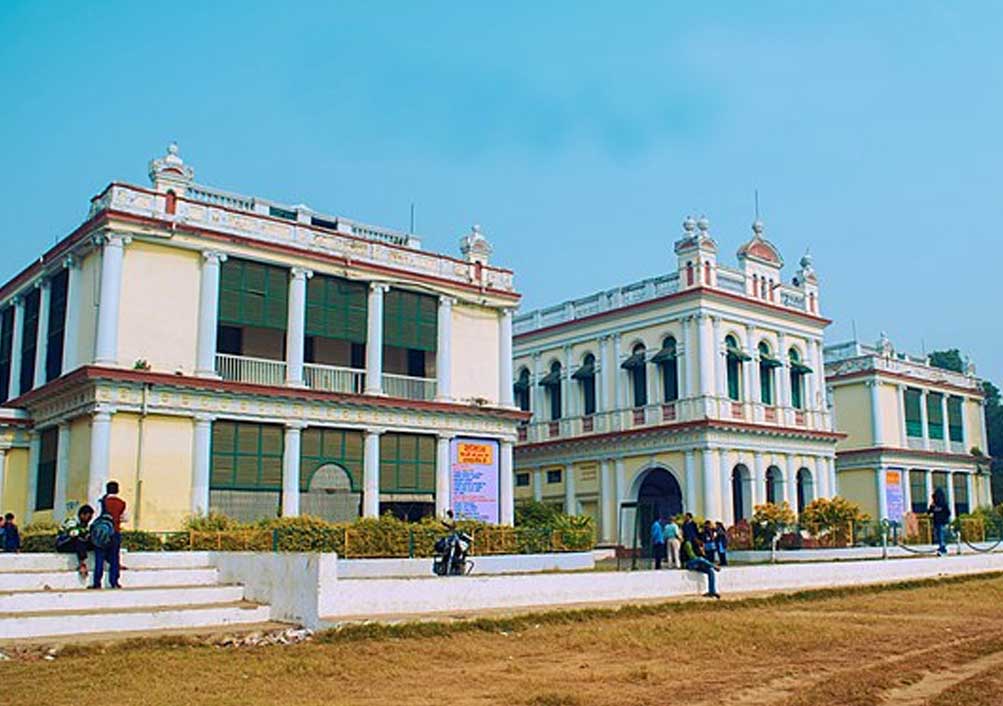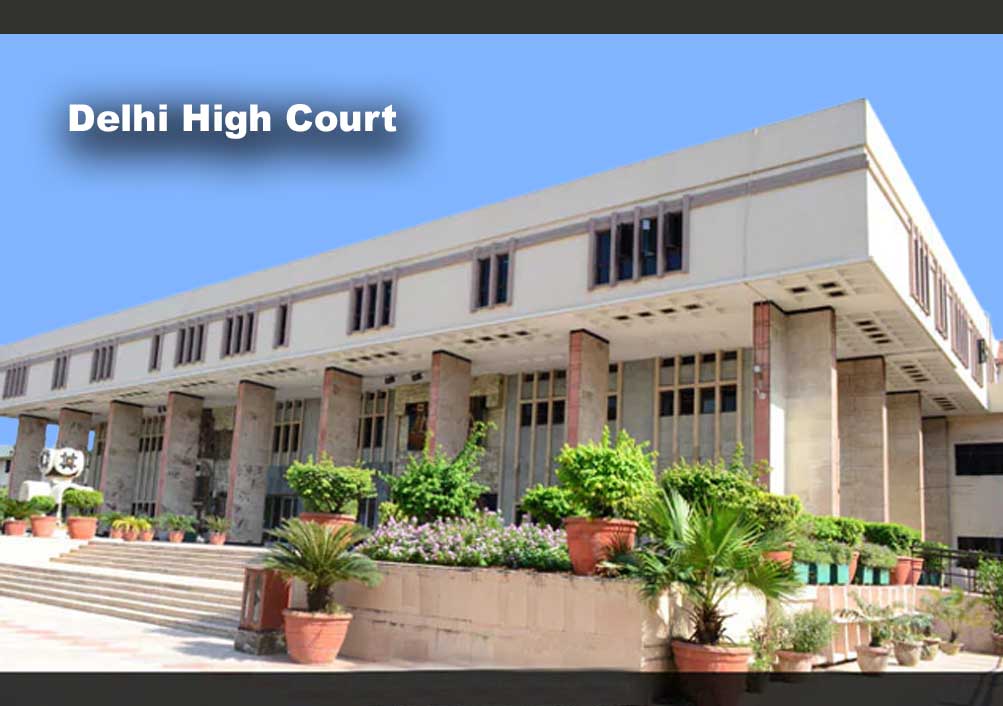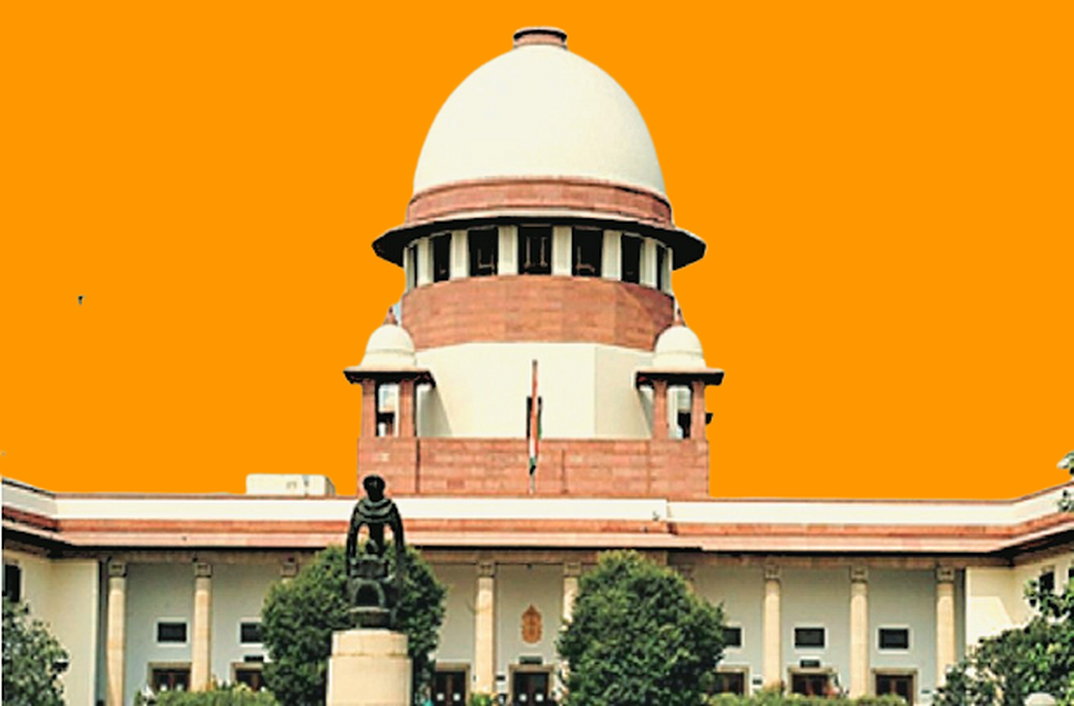Top Court rules that institutions receiving government aid cannot claim it as matter of right, upon withdrawal of same

Read Judgment: State of Uttar Pradesh vs. Principal Abhay Nandan Inter College
Pankaj Bajpai
New Delhi, September 29, 2021: Referring to the case of T.M.A. Pai Foundation v. State of Karnataka, the Supreme Court has observed that Regulation framed under Intermediate Education Act cannot be said to be transgressing the rights of the minority institutions.
A Division Bench of Justice Sanjay Kishan Kaul and Justice M.M. Sundresh therefore made it clear that recruitment by way of “Outsourcing” may have its own deficiencies and pit falls, however, a decision to take “Outsourcing” cannot be declared as ultra vires of the constitution on the basis of mere presumption and assumption.
The observation came pursuant to appeals preferred by the State of Uttar Pradesh laying a challenge to the judgment of the Division Bench of the Allahabad High Court holding that Regulation 101 framed under Intermediate Education Act, 1921 as amended, as unconstitutional.
The background of the case was that the petitioners challenged Regulation 101 contending it to be in clear violation of Article 14 of the Constitution of India in filling the sanctioned post of Class “IV” employees alone by way of “Outsourcing” and that Section 16G of the Act was sought to be impliedly overruled by the very regulation.
The petitioners also challenged the main regulation urging that the same affected the right to get aid, which violated the fundamental rights granted to minority institutions under Article 30(1) of the Constitution of India.
The High Court accepted the contentions and ruled that regulation 101 was unconstitutional. Challenging the same, the State approached the Apex Court contending that the institutions being the recipients of aid are bound by the conditions attached, as there neither existed a fundamental right to receive aid nor a vested one.
After considering the arguments, the Apex Court observed that the Intermediate Education Act, 1921 is of vintage origin having its existence prior to independence and the object of the enactment is to regulate and supervise high schools and intermediate education.
On the question of “Right to Aid”, the Top Court said that a decision to grant aid is by way of policy and while doing so, the government is not only concerned with the interest of the institutions but the ability to undertake such an exercise.
Financial constraints and deficiencies are the factors which are considered relevant in taking any decision qua aid, including both the decision to grant aid and the manner of disbursement of an aid, and once it is held that right to get an aid is not a fundamental right, the challenge to a decision made in implementing it, shall only be on restricted grounds, added the Court.
Therefore, the Top Court clarified that even in a case where a policy decision is made to withdraw the aid, an institution cannot question it as a matter of right.
“We are dealing with a case where aid is not denied in toto but sought to be given in different form. The reason for such a decision is both efficiency and economy. When such a decision is made as a matter of policy and is being applied not only to educational institutions but spanning across the entire State in every department,one cannot question it and that too when there is no express arbitrariness seen on the face of it”, observed the Court.
On the question of “Minority & Non-Minority status”, the Division Bench opined that when it comes to aided institutions, there cannot be any difference between a minority and non-minority one.
The Bench reiterated that Article 30 of the Constitution of India is subject to its own restrictions being reasonable and a protection cannot be expanded into a better right than one which a non-minority institution enjoys. Thus, an institution receiving aid is bound by the conditions imposed and therefore expected to comply.
Quoting the decision in case of T.M.A. Pai Foundation(supra), the Top Court said that the haze between a minority and non-minority institution is no longer in existence, as the decision in T.M.A. Pai Foundation rendered by eleven Judges of this Court, thus put the matter beyond any doubt and clarified that the right under Article 30(1) is not absolute or above the law and that conditions concerning the welfare of the students and teachers must apply in order to provide proper academic atmosphere, so long as the conditions did not interfere with the right of the administration or management.
Therefore, while upholding the Regulation, the Apex Court concluded that the mere fact that a counsel representing the State is not able to satisfy the Court on the policy challenged would not ipso facto lead to a declaration that it is unconstitutional.
The respondents and similarly placed persons who are recruited by the institutions including the respondents shall be continued with the same scale of pay as if they are recruited prior to September 8, 2010 for which the entire disbursement will have to be made by the institutions alone, added the Court.
Sign up for our weekly newsletter to stay up to date on our product, events featured blog, special offer and all of the exciting things that take place here at Legitquest.




Add a Comment